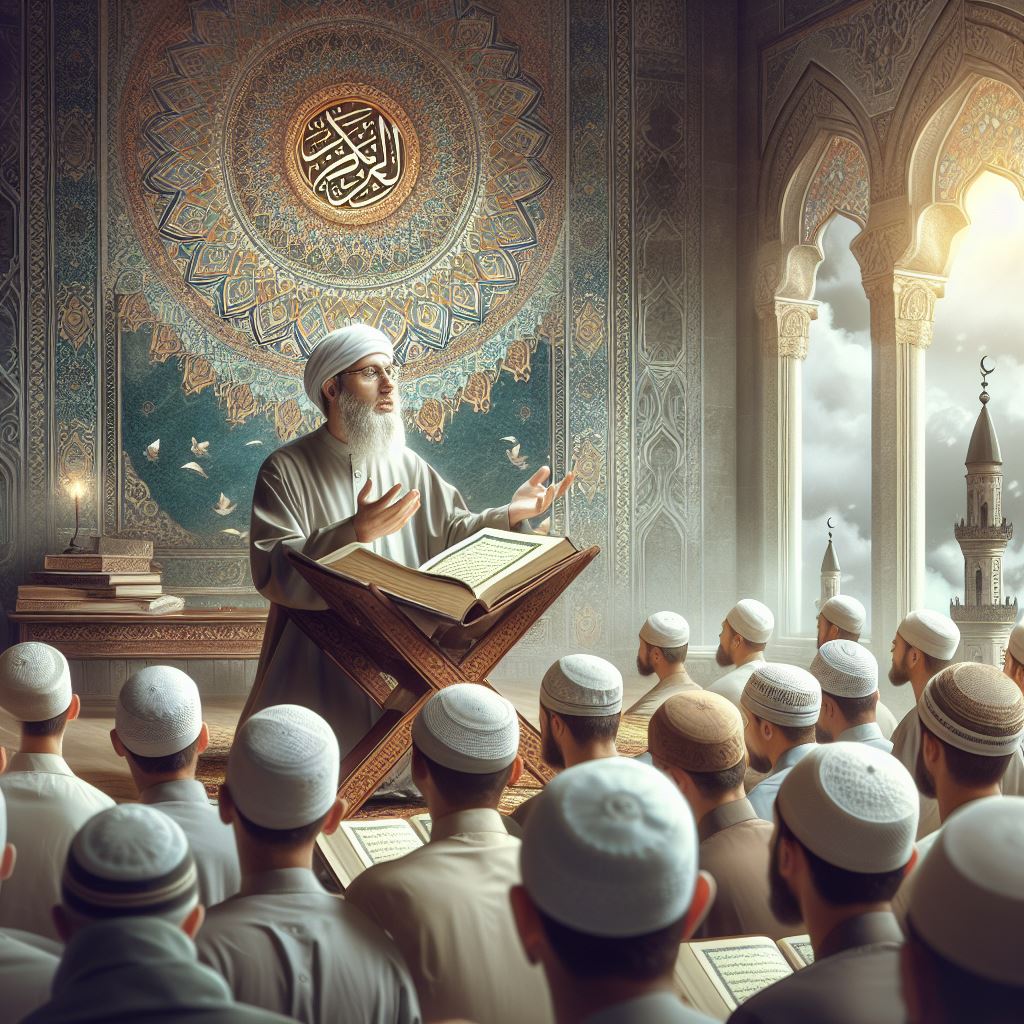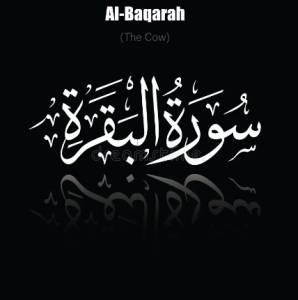The Quran, considered the holy scripture of Islam, is not only a religious text but also a literary masterpiece revered by millions worldwide. Among its numerous facets, one aspect that has captivated scholars and believers alike for centuries is its miraculous nature. The Quran contains profound insights, timeless wisdom, and unparalleled linguistic eloquence that transcends time and culture. In this extensive exploration, we delve into the concept of Quranic miracles, examining various dimensions, including linguistic miracles, scientific insights, historical accuracies, and spiritual profundity.

Click here to listen some miracles of Quran
Understanding Miracles in the Quran
Miracles, known as “Ayat” in Arabic, are extraordinary events or phenomena that defy the natural laws and serve as divine signs of the truthfulness of a prophet’s message. In Islamic belief, the greatest miracle bestowed upon Prophet Muhammad is the Quran itself. Unlike other prophets who performed supernatural feats witnessed by their contemporaries, Muhammad’s miracle was a timeless revelation preserved in the form of a sacred scripture.
Linguistic Miracles
The linguistic excellence of the Quran stands as one of its most prominent miracles. Written in classical Arabic, the Quranic text exhibits unparalleled beauty, eloquence, and rhythm, captivating readers regardless of their linguistic background. Its stylistic features, such as rhyme, rhythm, and imagery, remain unmatched in the history of literature.
The Quran challenges humanity to produce even a single chapter or verse comparable to its eloquence—a challenge that remains unmet despite centuries of scrutiny. The miraculous nature of the Quranic language becomes evident when considering its preservation despite the passage of time and the efforts of detractors to discredit its divine origin.
Scientific Insights
Another area where the Quran demonstrates its miraculous nature is in its alignment with modern scientific discoveries. While the primary purpose of the Quran is spiritual guidance, it also contains verses that discuss natural phenomena, cosmology, embryology, and other scientific concepts. Many Muslims believe that these verses contain insights that predate modern scientific discoveries by centuries, indicating divine knowledge beyond human comprehension.
For instance, the Quran describes the development of the human embryo in astonishing detail, matching stages of embryological development identified by modern science. Similarly, verses referencing cosmological phenomena, such as the expansion of the universe, have been interpreted as anticipations of contemporary scientific theories.
Historical Accuracy
The Quranic narratives encompass a wide array of historical events and figures, often corroborating accounts found in other religious texts and historical records. Despite being revealed in the 7th century CE, the Quran accurately portrays historical details of ancient civilizations, including the Pharaohs of Egypt, the Babylonian empire, and the Roman and Persian empires.
Archaeological discoveries and historical research continue to validate many of the Quranic accounts, reinforcing the belief among Muslims in the divine origin of the scripture. The Quran’s precise depiction of historical events serves as a testament to its authenticity and reliability as a source of knowledge.
Numerical Miracles
Numerical patterns and structures found within the Quran have fascinated scholars for centuries, leading to the emergence of disciplines such as Quranic numerology (Ilm al-Jafr). Proponents of numerical miracles argue that the Quran contains intricate mathematical patterns, repetitions, and symmetries that defy chance and human authorship.
Examples include the occurrence of specific numbers or numerical multiples, such as the number seven, which appears frequently in the Quran. Additionally, mathematical phenomena such as the “Miracle of 19,” based on the frequency of the number 19 in the Quran, has sparked extensive debate and analysis among scholars and believers.
Prophecies and Foretelling
The Quran contains numerous prophecies and predictions regarding future events, some of which are believed to have been fulfilled throughout history. These prophecies encompass various domains, including geopolitical events, societal transformations, and the spread of Islam.
One notable example is the Quran’s prediction of the defeat of the Byzantine Empire by the Persians, followed by their subsequent victory—an event that unfolded as foretold, serving as validation of the Quran’s prophetic nature. Similarly, the Quranic prophecy of the conquest of Constantinople and the expansion of Islam into Europe has been interpreted by many Muslims as a fulfillment of divine foresight.
Spiritual and Moral Guidance
Beyond its linguistic, scientific, and historical marvels, the Quran serves as a source of spiritual enlightenment and moral guidance for believers. Its timeless teachings address the fundamental questions of existence, ethics, and human purpose, providing a framework for leading a righteous and fulfilling life.
The Quranic emphasis on compassion, justice, and humility resonates with people of diverse backgrounds, transcending cultural and geographical boundaries. Its message of monotheism, personal accountability, and the importance of righteous deeds continues to inspire millions to strive for spiritual excellence and social justice.
Challenges and Criticisms
Despite the reverence and admiration the Quran elicits from believers, it has also faced scrutiny and criticism from skeptics and detractors. Some skeptics challenge the authenticity of Quranic miracles, attributing its linguistic excellence to the literary achievements of Arabic poets and scholars of the time. Others question the scientific accuracy of certain Quranic verses, citing interpretations that may not align with modern scientific understanding.
Furthermore, debates persist regarding the interpretation of numerical patterns and prophecies within the Quran, with skeptics often dismissing them as subjective interpretations or coincidences. Additionally, historical inaccuracies or discrepancies raised by critics have sparked scholarly inquiries and discussions within the Islamic intellectual tradition.
Conclusion
The Quran, with its multifaceted miracles encompassing linguistic excellence, scientific insights, historical accuracy, numerical patterns, prophecies, and spiritual guidance, continues to intrigue and inspire humanity. Its enduring relevance and profound impact on individuals and societies attest to its divine origin and timeless wisdom.
While skeptics may raise objections and challenges to Quranic miracles, believers find solace and affirmation in the Quran’s unparalleled beauty, coherence, and guidance. As humanity advances in knowledge and understanding, the Quran remains a beacon of light, offering profound insights into the mysteries of existence and the divine wisdom that transcends human comprehension.
Click here for more







